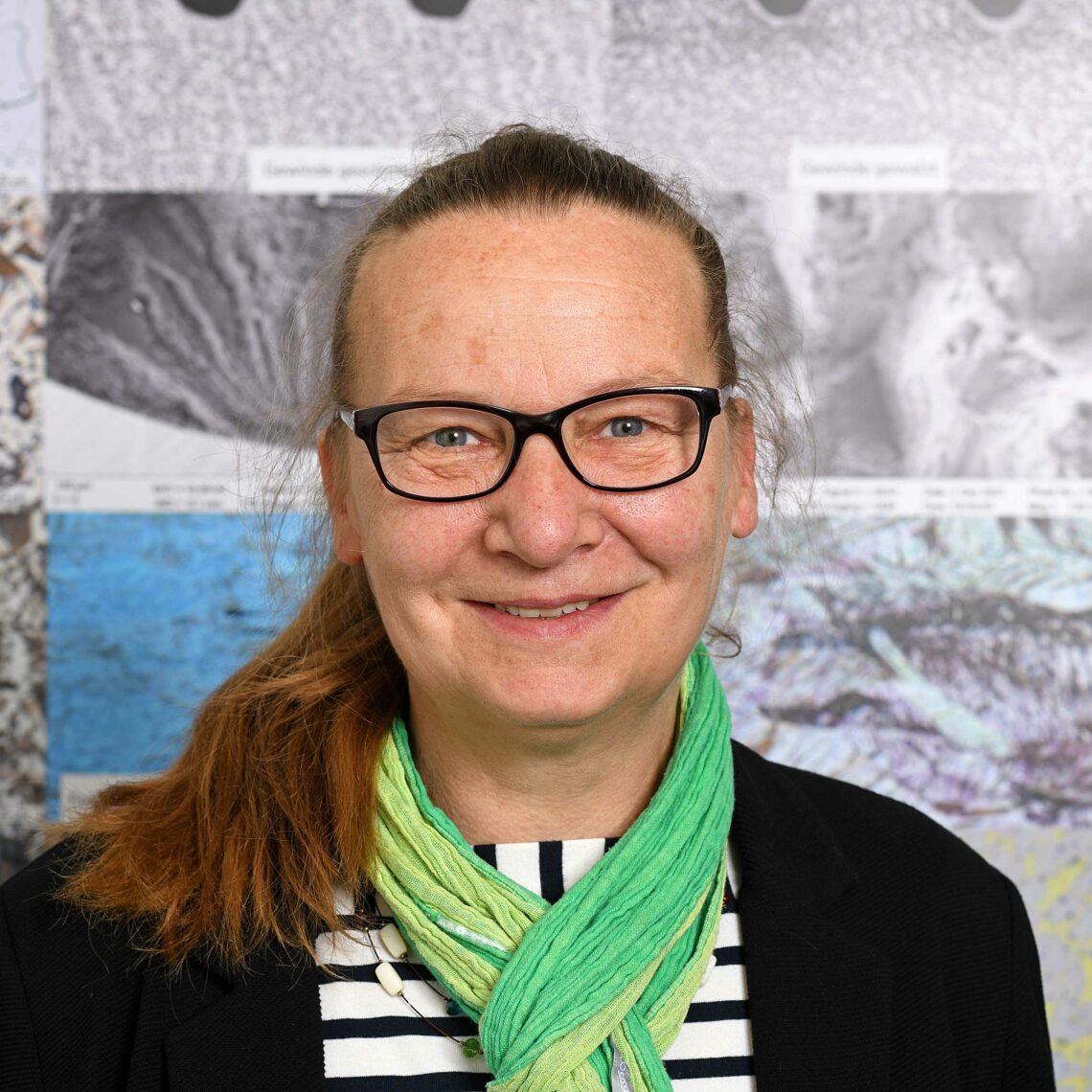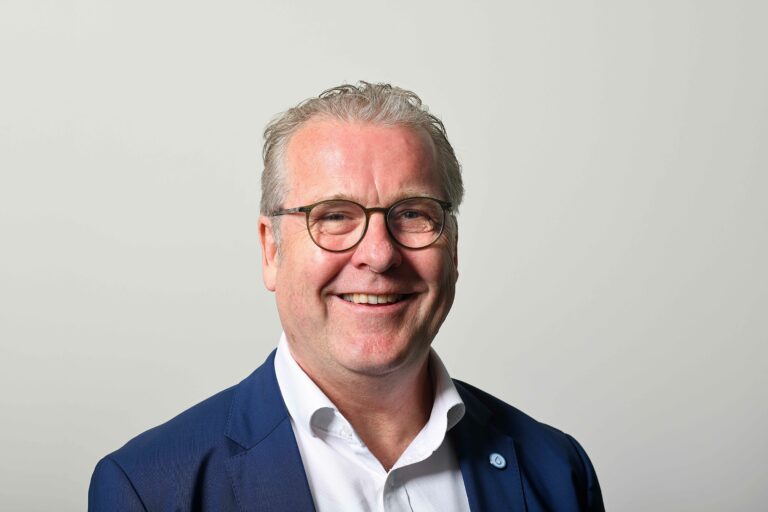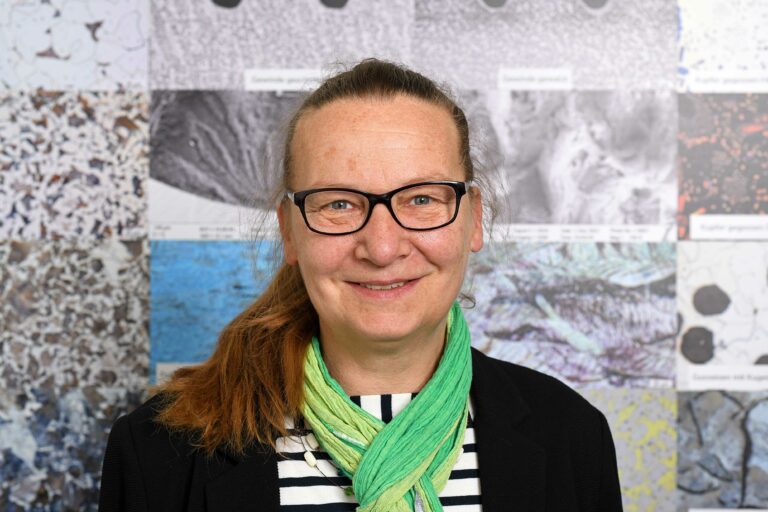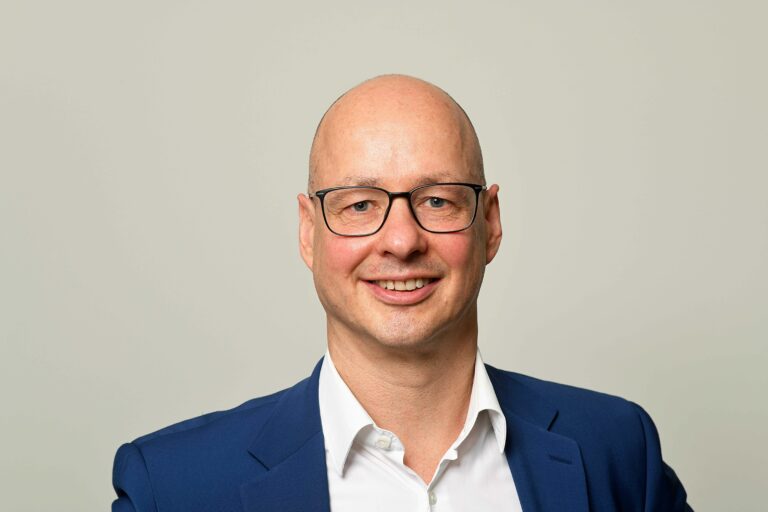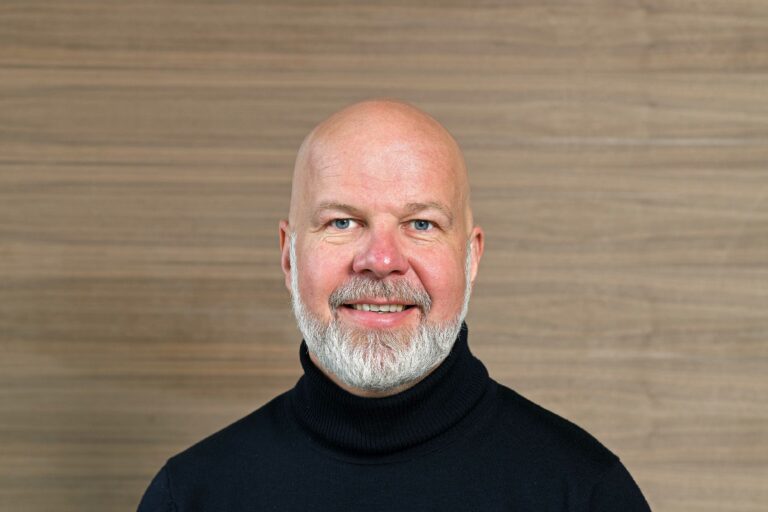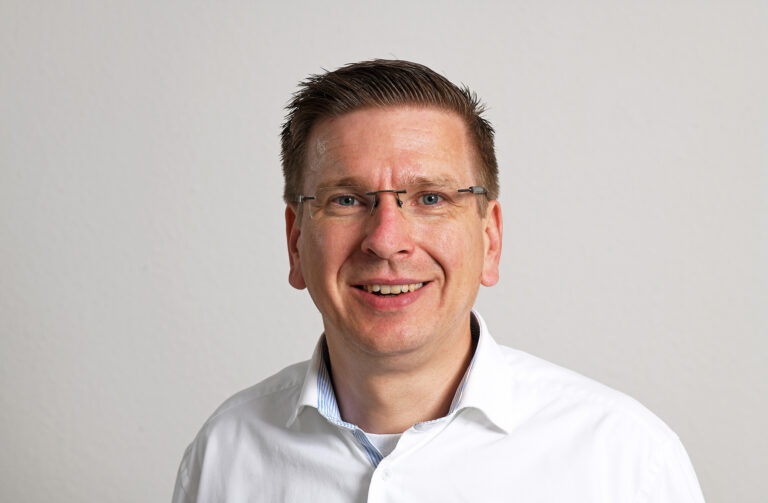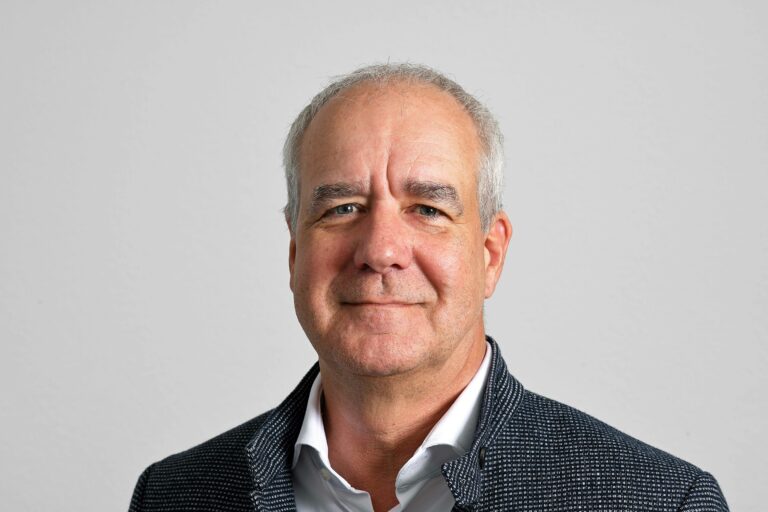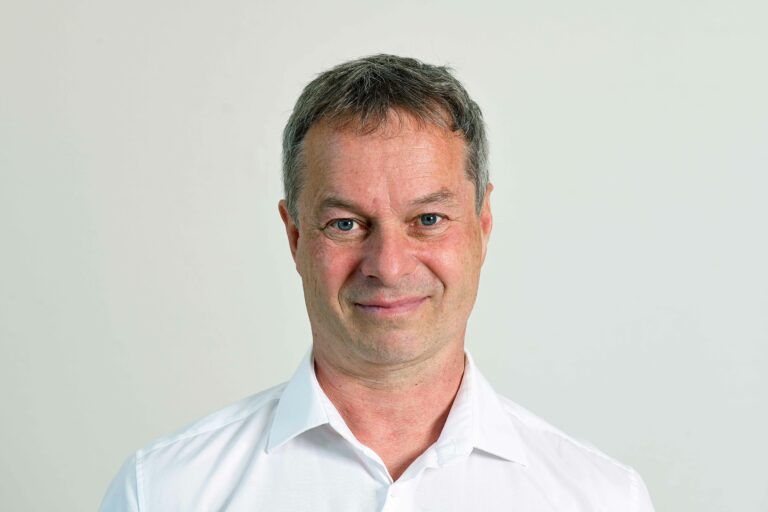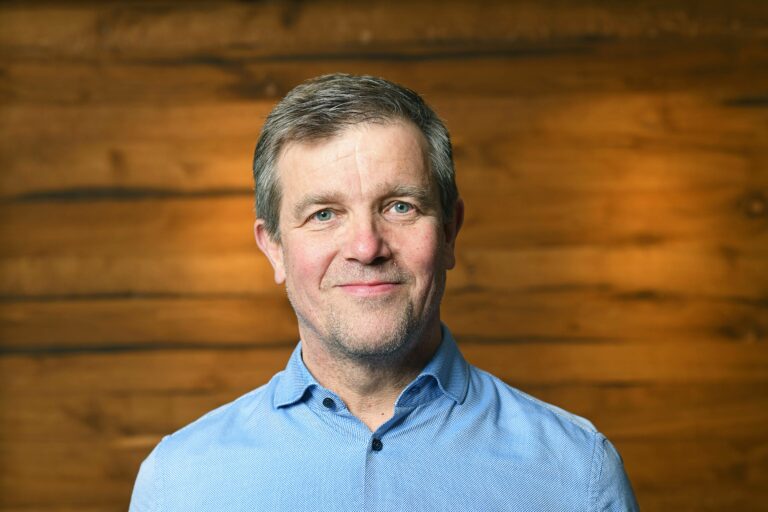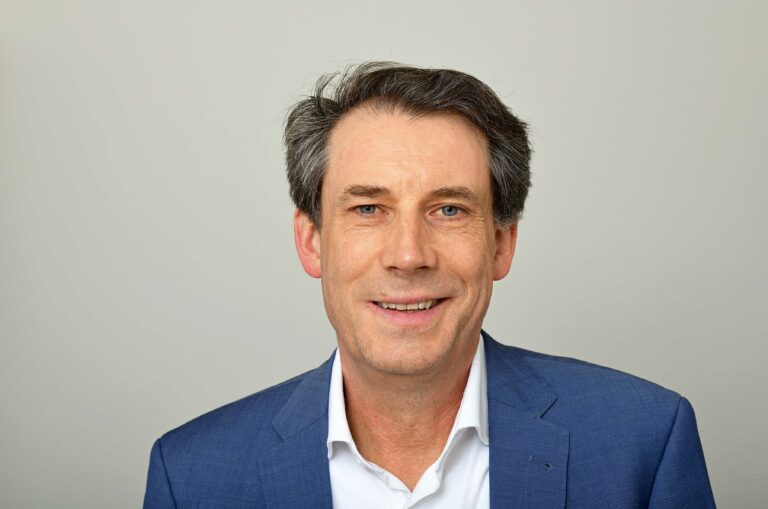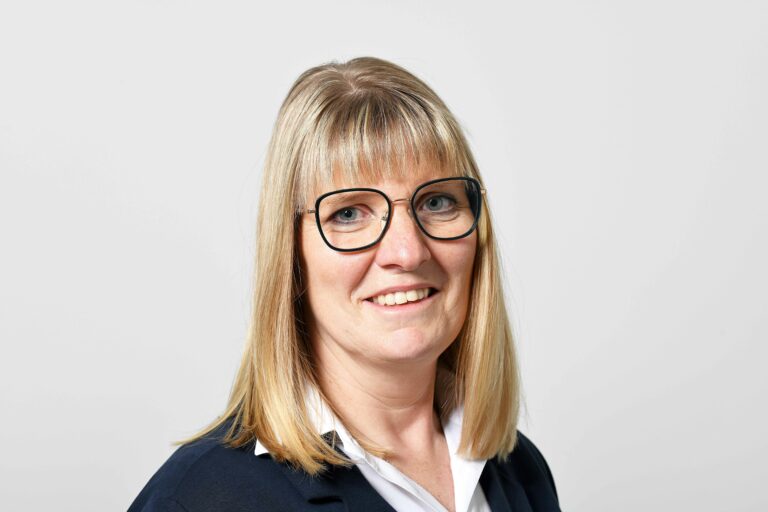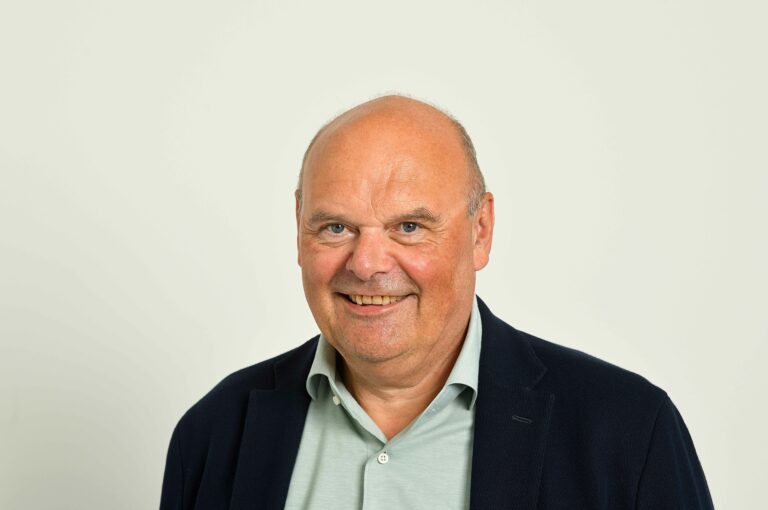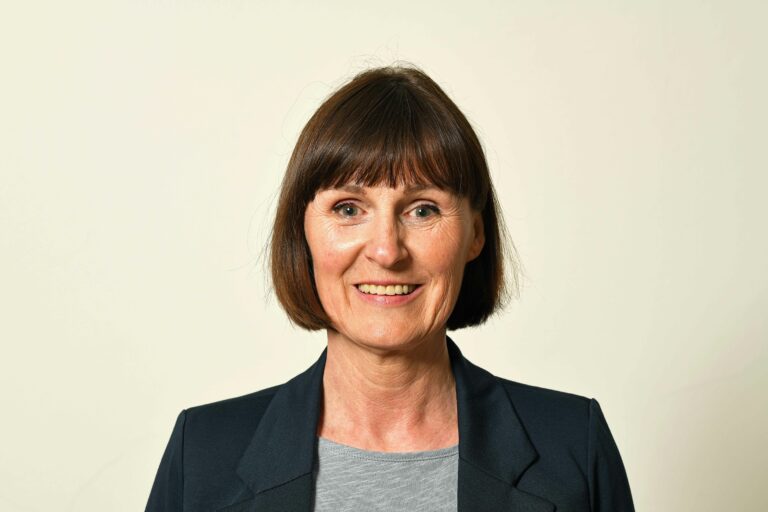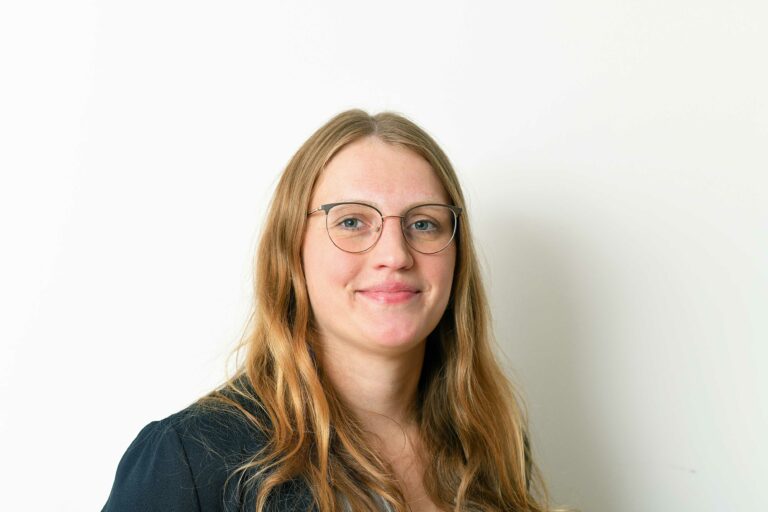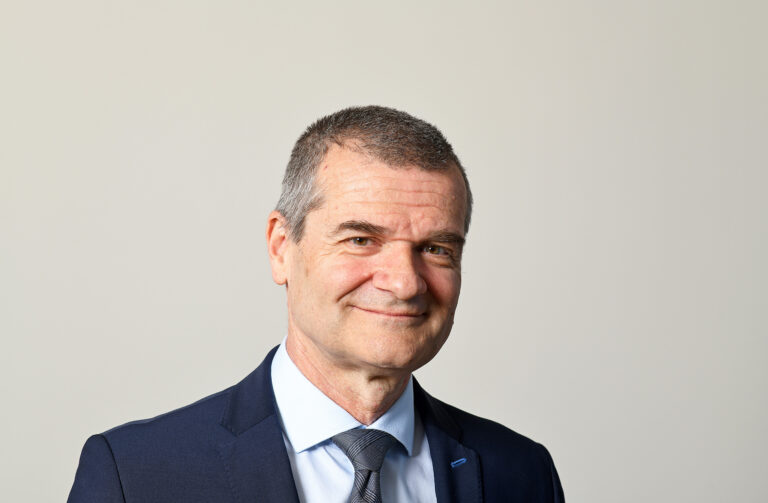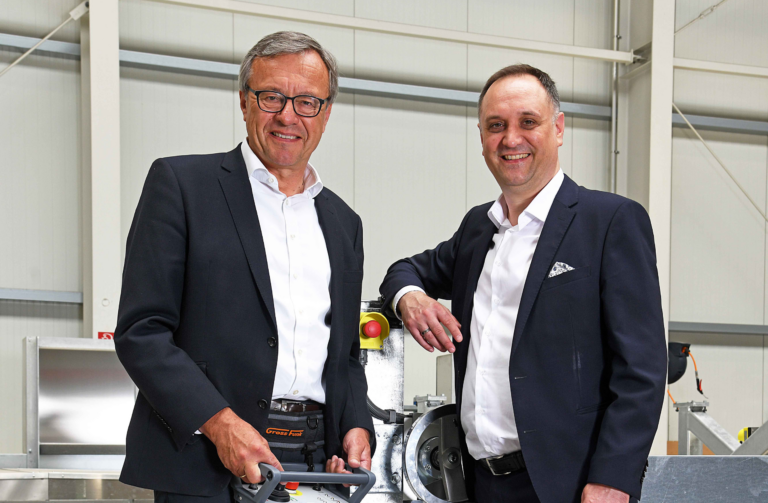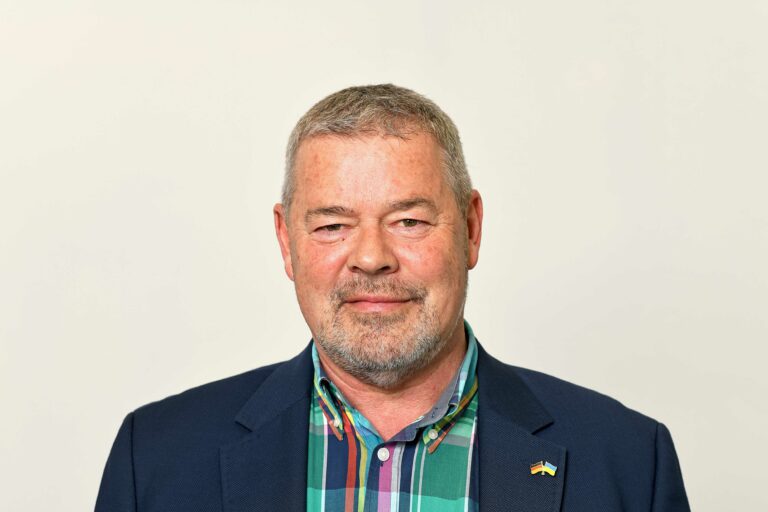Wismar University of Applied Sciences has an important role to play, not only in training outstanding young talents in the fields of technology, business and design, but also as an excellent research partner for companies and institutions. It is also well-connected in the science landscape on a regional, national and international scale.
Wismar University of Applied Sciences: Technology, Business and Design has three key areas, elaborated in 2023 in the senate committee for research and innovation with representatives from all three faculties of the university. “We paid special attention to the interdisciplinary aspect, ensuring that research work is dovetailed between our faculties”, explains Prof. Dr.-Ing. Daniela Schwerdt, Deputy Vice-Chancellor for Research. “The key areas also focus on important social and economic issues, such as sustainability mobility and transformation processes, urban and regional development, together with big data and AI applications.
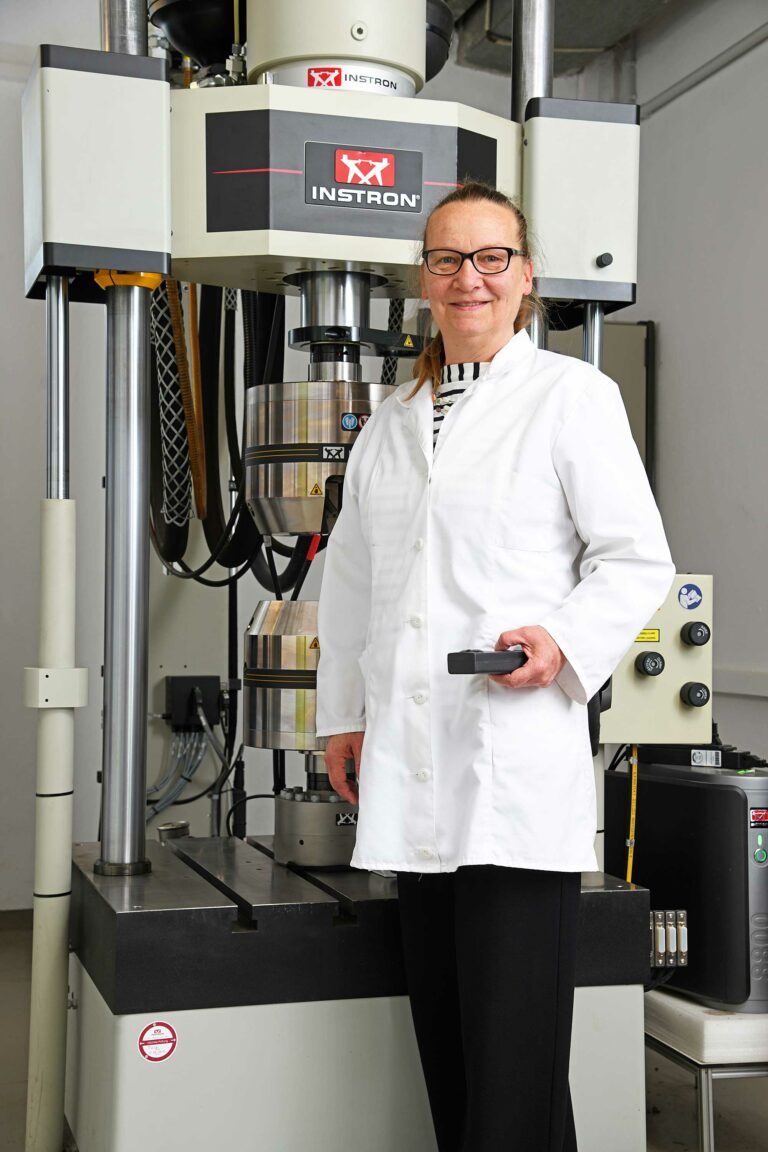
Medical technology also has a good standing through cooperation with the medical faculties at the University of Rostock and other universities throughout Germany, as well as companies in the region. For example, a project team from the Faculty of Engineering at Wismar University is currently working with scientists from Bielefeld University on developing a method for producing ultra-pure plant-based substances for medical use based on a type of amoeba as biotechnological production platform. The project is funded by the Federal Ministry of Education and Research as part of the O-Bio initial project that promotes the identification and development of early life-science research approaches with recognisable innovation potential.
“As a university of applied sciences, we only have a relatively small non-tenured staff (research associates and assistants) compared to other universities”, explains Prof. Schwerdt. “This means we depend on third-party funds for our research activities.” On the other hand, Wismar University fares better than the national average in this respect. According to Deputy Vice-Chancellor Prof. Dr.-Ing. Daniela Schwerdt, one reason for this positive development is the outstanding support that the university receives from the state of Mecklenburg-Western Pomerania, particularly for procuring research-relevant large-scale equipment, which in turn acts as a good basis for further research work. An average of 1.5 million Euro were invested in this way every year between 2019 and 2023 at Wismar University. In addition to the usual research funds provided by the German Research Foundation (DFG) and federal funding, internal funds are also very useful particularly for small projects and advance research.
Scientists will therefore find good conditions at Wismar University. This was also an important criterion for Professor Daniela Schwerdt when she opted for Wismar as a research location in December 2015. Since then, she has been working as Professor for Mechanical Engineering/Process and Environmental Engineering at the Faculty of Engineering and leads the materials study group that deals with material analysis and operational strength of high and super high strength metal materials. Besides conventional test systems and machines, her laboratory also uses state-of-the-art analysis technology – including micro-computed tomography (µCT), modern metallographical preparation, several fatigue testing machines and mobile measuring systems for acoustic emissions and micro magnetism.
The professor loves talking about a test bench where materials weighing 25 tonnes are vibrated about 100 times per second to test the material properties. Her research group is currently working on a project with Siegen University for developing effective test methods to select suitable materials for hydrogen transport. Here Daniela Schwerdt and her team of scientists are concentrating above all on how hydrogen interacts with the microstructure, as well as developing swift, highly efficient measuring technology to assess the reciprocal effect between material microstructure and hydrogen in order to mitigate the risk of hydrogen embrittlement. Two companies are also involved in the project: the manufacturer of the measuring systems for acoustic emissions and micro magnetism, and a test laboratory that would introduce the test method in its laboratory as engineering service provider.
“Research at Wismar University is both findings-based and highly application-oriented”, says Deputy Vice-Chancellor Schwerdt. “This is why regular sharing and a good network with various companies in the region is so important to us.” In March 2024, a pilot event was held in the InnovationPort at Wismar Holzhafen with the Digital Innovation Centre of the Forschungs-GmbH, a wholly owned subsidiary of Wismar University, and in cooperation with Schwerin CCI. Scientists from Wismar University presented ideas for future consortium projects for which application partners from industry were being sought. 10-minute pitches put a spotlight on various projects, including fungivorous amoeba as bio-fungicide, an autonomous sensor network for registering parking space data, a newly developed construction system, approaches for Co2-free production of recycled cement, together with non-destructive, non-contact process and part monitoring. Pauses for networking and a “market place of possibilities” offered space and time to take a joint look for utilisation possibilities and establish new contacts with industry. “This is an exciting format and we hope to continue using it in future on a regular basis”, says Professor Daniela Schwerdt.
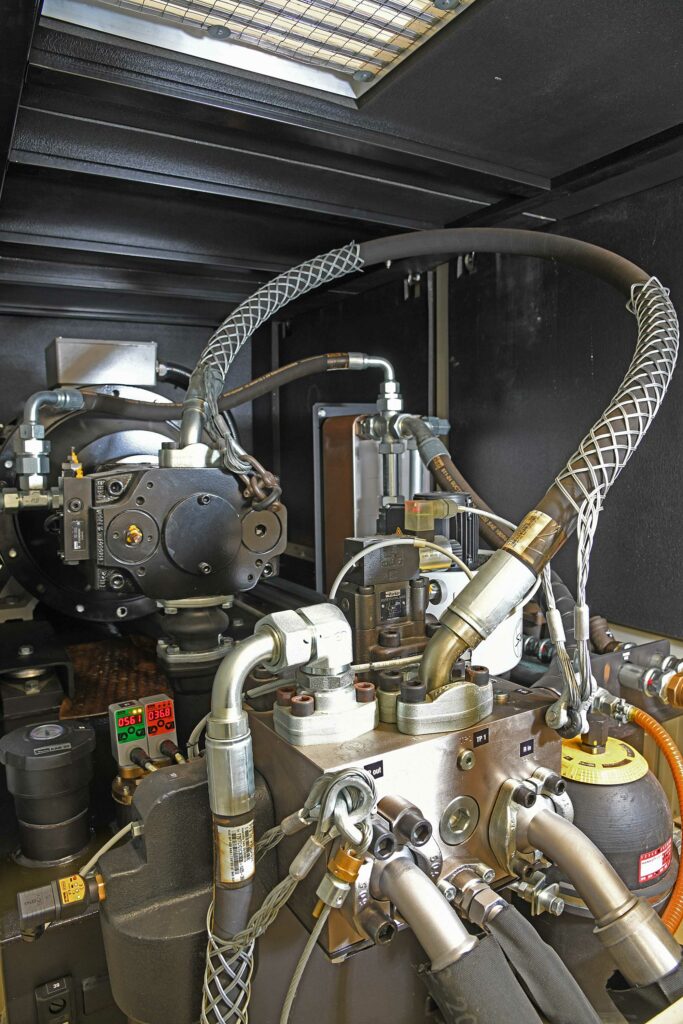
There is a wide range of research activities at Wismar University encompassing all three faculties, with engineering taking by far the largest share. This is also evident in the number of doctorates with engineering which account for 67 percent. Doctorates are conducted on a cooperative basis above all with the University of Rostock, as Wismar University of Applied Sciences is not yet entitled to confer doctorates. But corresponding proceedings are currently taking place here in Mecklenburg-Western Pomerania to make this possible in future, as is already the case in ten other German states. At the moment, 42 doctoral procedures are in progress at Wismar University. Two doctorate scholarships are available each year, together with state graduate funding for the solitary subjects that are only taught in Wismar. Besides Architecture, Interior Architecture and Architectural Lighting Design, these also include Maritime Studies/Nautical Sciences, which is taught mainly at the Rostock-Warnemünde site.
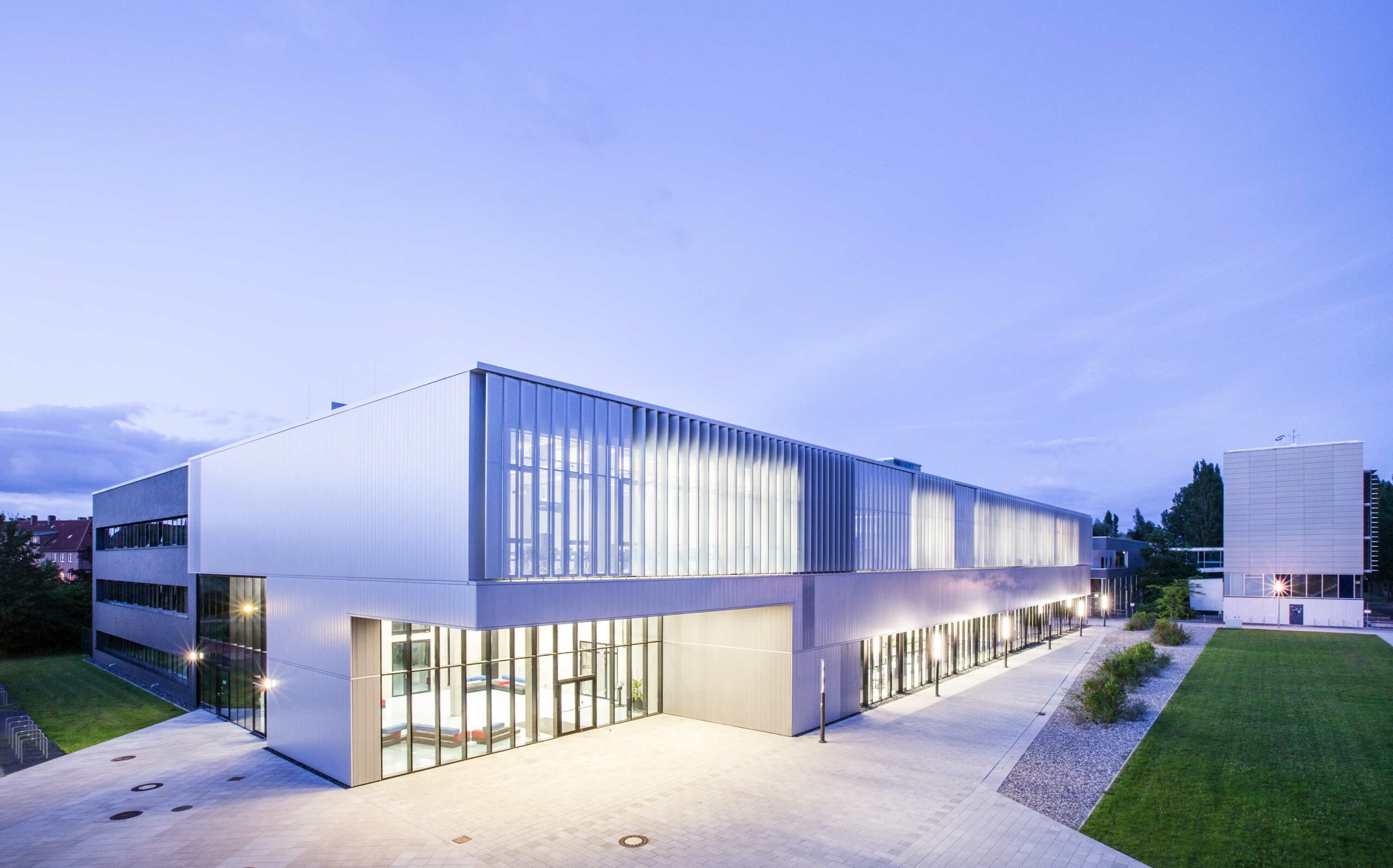
This is also home to the Maritime Simulation Centre Warnemünde (MSCW) as the world’s only simulation centre offering combined simulation of nautical and technical ship operations with shore-based support from the vehicle traffic control centres. The MSCW serves primarily to provide practical training for students who will work as ship’s officers in future. The Maritime Studies, Systems Engineering and Logistics Department also pursues elaborate research, particularly at the Institute for Innovative Ship Simulation and Maritime Systems (ISSIMS). The Campfire Project, for example, consists of research into alternative, low-emission fuels for transport and logistics also by sea. It is part of the TransHyDE Project, one of three flagship hydrogen projects of the Federal Ministry of Education and Research (BMBF) to receive funding from the Future Package for implementing the “National Hydrogen Strategy” adopted in Germany in 2020. This is the BMBF’s largest research initiative to date in the context of the energy transition, thus supporting Germany’s entry into the hydrogen economy. The Wismar University of Applied Sciences site will continue to develop dynamically. Together with the IWP Innovation and Science Park and the North German Innovation Agency of the Hamburg Metropolitan Region, important Projects have been set in motion. In the aerospace sector, InnovationPort Wismar has been a partner of ESA BIC, an incubation network of the European Space Agency ESA,
since 2024.
Students benefit from the practical training offered by Wismar University. “Projects and assignments are frequently based directly on issues arising from the university’s projects”, reports Deputy Vice-Chancellor Daniela Schwerdt. She also underlines student involvement in the study groups, as well as possibilities such as the start-up yard, where students from all faculties and university employees can work on their own projects in an open workspace, taking their ideas from the initial draft and design phases through to actual production.

